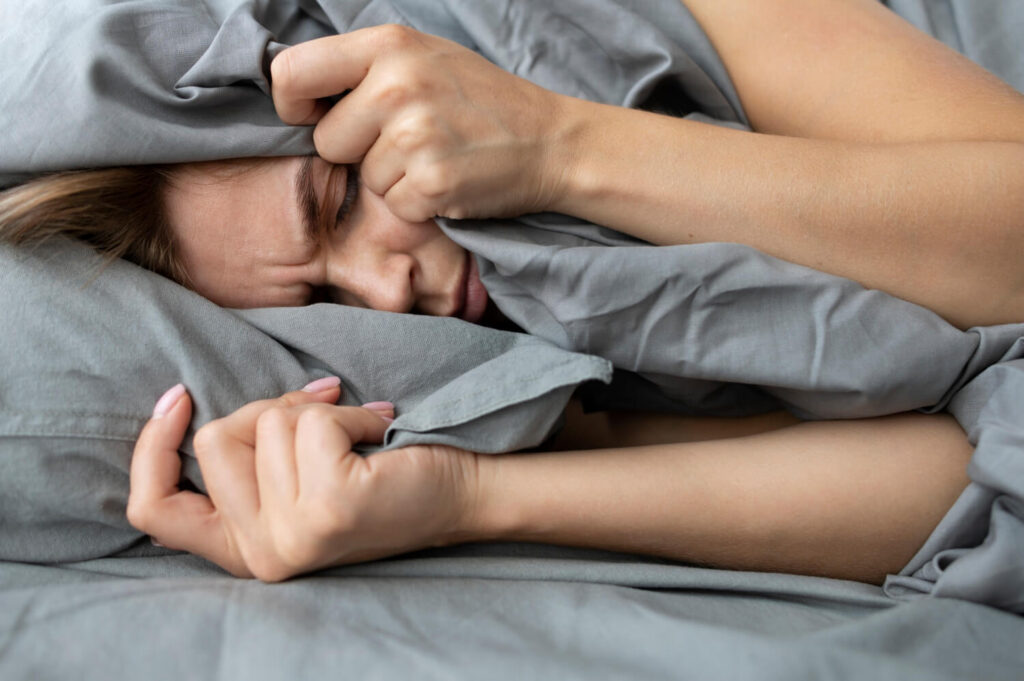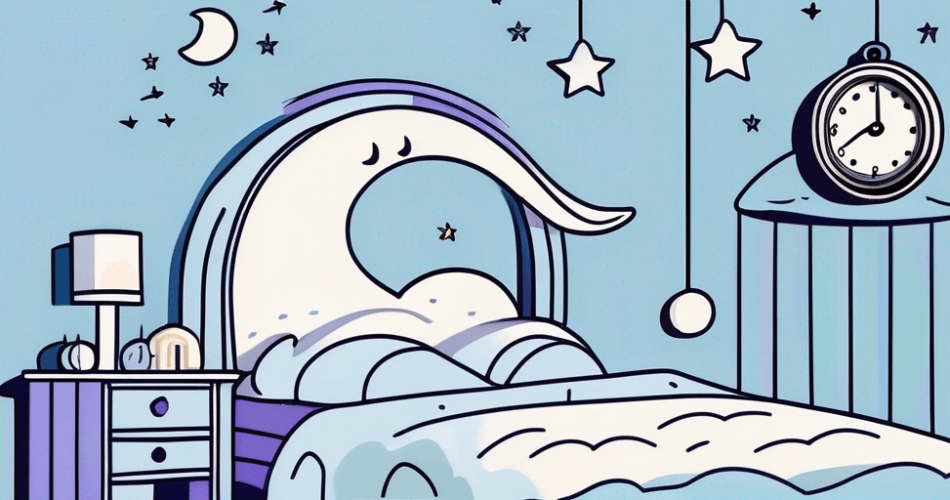Most of the adults today experience lack of sleep due to number of reasons. Some may be caused by emotional stress, while others are affected by the disturbance in their sleeping patterns. If you are unsure of which affects your rest, it’s best to check the sleep disorder test.
This simple self-test sleep disorder allows patients to understand their sleeping conditions, especially if a consultation with a health expert must occur. That’s because disregarding the situation, it can lead to a more serious health complications. Thus, the importance of self awareness, which this test can provide. Let’s begin!
Understanding Sleep Disorders

Sleep disorders are conditions that prevent a person from getting restful sleep and, as a result, can cause daytime sleepiness and dysfunction. They are characterized by disturbances in a person’s quality, timing, and amount of sleep.
There are several types of sleep disorders, including insomnia, sleep apnea, restless legs syndrome, and narcolepsy. Each has its own set of symptoms, but they all result in a lack of restful sleep.
Insomnia
This type of sleep disorder is characterized by difficulty in falling asleep or staying asleep. People with insomnia often wake up feeling unrefreshed, which can significantly impact their ability to function during the day.
Constant experience of this sleep disorder can result in being diagnosed with chronic insomnia. Patient’s health might be at stake as it leads to a range of health problems, including heart disease, diabetes, and depression.
Sleep Apnea
Another type of sleep disorder involves is called sleep apnea. It is considered a serious condition which can affect the person’s breathing during sleep. This fatal condition can cause the person to stop breathing for short periods, leading to a drop in oxygen levels in the blood.
With the condition left untreated, it can lead to high blood pressure, stroke, and other cardiovascular problems. So it’s best to schedule an online consultation immediately before it worsens.
Restless Legs Syndrome
Meanwhile, a different sleeping condition can also happen, which involves the movement of the patient. It is called restless legs syndrome (RLS), a neurological disorder characterized by an irresistible urge to move the legs.
This urge often occurs during periods of rest, such as when sitting or lying in bed. Due to the involuntary movement of the legs, it can impact the resting time of the patient, which leads to sleep disturbances.
Narcolepsy
On the other hand, this type of sleep disorder can be a challenging condition for patients. Narcolepsy is a neurological disorder that affects a person’s control over sleep and wakefulness. People with narcolepsy experience excessive daytime sleepiness and sudden attacks of sleep.
The disorder can occur anytime, which makes it a threat to the patient’s welfare. It can occur while driving, operating machinery, or during other activities that require alertness. That’s why it is a must for patients with this condition to seek immediate help to prevent possible fatal outcomes.
Sleep Disorder Test

If you suspect that you may have a sleep disorder, a simple self-test can help determine whether you should seek professional help. This test is not a substitute for a professional diagnosis, but it can provide some insight into your sleep habits and patterns.
The self-test involves a series of questions about your sleep habits and how you feel during the day. Answer each question honestly and to the best of your ability.
Questions about Your Sleep Habits
- Do you have difficulty falling asleep?
- Do you wake up frequently during the night?
- Do you wake up feeling unrefreshed?
- Do you feel excessively sleepy during the day?
- Do you fall asleep at inappropriate times, such as while driving or during conversations?
Questions about Your Daytime Functioning
- Do you have difficulty concentrating or remembering things?
- Do you feel irritable or depressed?
- Do you have difficulty performing your daily activities?
- Do you feel a need to nap during the day?
- Do you have a decreased interest in activities you once enjoyed?
If you answered “yes” to several of these questions, it may indicate that you have a sleep disorder. It’s important to seek professional help for a definitive diagnosis and treatment options.
Treatment Options for Sleep Disorders

The treatment for sleep disorders depends on the type and severity of the disorder. Initial step in treatment usually involves lifestyle changes, such as improving sleep hygiene, exercising regularly, and avoiding caffeine and alcohol.
Other treatment options include cognitive-behavioral therapy, medication, and in some cases, surgery. Let’s discuss what people can expect regarding the possible treatment options for sleep disorders.
Improving Sleep Hygiene
Sleep hygiene refers to habits and practices that are conducive to sleeping well on a regular basis. This includes maintaining a regular sleep schedule, creating a restful sleep environment, and avoiding behaviors that can interfere with sleep.
Patients must take note that improving sleep hygiene can often help alleviate symptoms of sleep disorders and improve the quality of sleep.
Cognitive-Behavioral Therapy
CBT or Cognitive-behavioral therapy is a type of psychotherapy that can help people with sleep disorders. This treatment helps individuals identify and change thought patterns and behaviors that interfere with sleep. In most cases, experts introduce this treatment to treat insomnia, which can be an effective treatment for other sleep disorders as well.
Medication
Medication can be used to treat some sleep disorders. For example, sleeping pills can be used to treat insomnia, and medications that act on the nervous system can be used to treat narcolepsy and restless legs syndrome.
It’s important to note that medication should be used under the supervision of a healthcare provider, as some sleep medications can be habit-forming and may have side effects.
Surgery
In some cases, surgery may be necessary to treat sleep disorders. For example, surgery may be used to treat severe cases of sleep apnea that don’t respond to other treatments. Patients must take note that surgery should be considered a last resort. Experts usually recommend surgical procedures after other treatment options have been explored.
Conclusion
Sleep disorders are a serious health issue that can significantly impact a person’s quality of life. If you suspect that you may have a sleep disorder, a simple self-test can provide some insight into your sleep habits and patterns.
However, it is important for patients to understand that this sleep disorder test is only a self-test. It is not a substitute for a professional diagnosis. That’s why if you suspect that you have a sleep disorder, it’s important to seek professional help.
With the right treatment, you can improve your sleep and your overall health. Book an online consultation with a neurologist for proper diagnosis and immediate intervention plan.
Sleep Disorder Self-Assessment
Answer 5 questions to test your knowledge about sleep disorders
Concerned About Your Sleep?
If you’re experiencing sleep issues, consulting a sleep medicine specialist can help identify underlying conditions and develop a treatment plan.
Find a Sleep Specialist